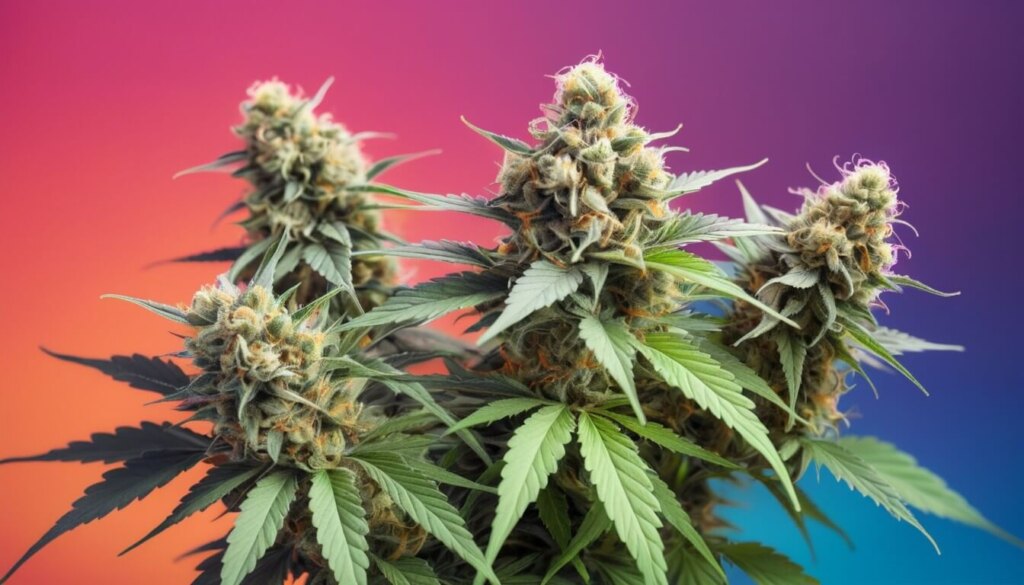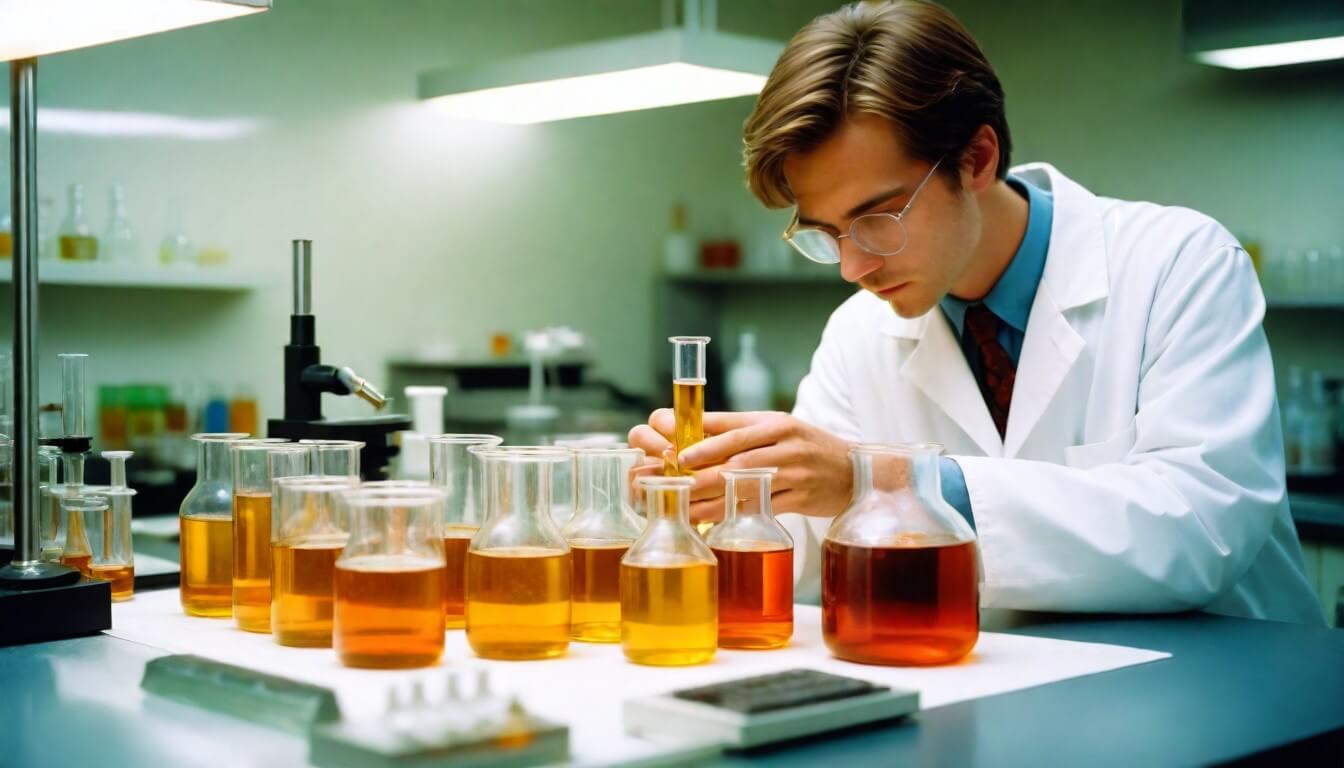When left untouched by heat, cannabis items high in raw THCa can offer a non-intoxicating experience that can have big therapeutic benefits for some. However, with many hearing that THCa flower can cause a high similar to THC when it’s smoked, it’s important to bring awareness to the fact that smoking THCa directly converts to THC.
The Science of Decarboxylation
When you go to buy marijuana flower for smoking, whether it’s from a legal dispensary or your ‘neighbor’, you aren’t buying flowers rich in THC. Instead, you’re buying raw flowers rich in THCa. This is because cannabinoids naturally have an acidic carboxyl group (-cooh) attached to them. This gives them a second tail, and that diminishes THC cannabinoids’ potential to activate CB1 receptors. By activating CB1 receptors — largely found in the brain — to a greater degree than our naturally created endocannabinoids can, THC causes that euphoric high that can quickly turn into paranoia.
There are other ways to decarb cannabis besides heat. Solvents are a second popular option, but controlled microbial activity can be utilized, which is pretty neat if I say so myself. In fact, a long and slow fermentation process is a way hashish has traditionally been created. Controlled heat is probably the best and easiest method for decarboxylation, but smoking is anything but controlled.
Smoking THCA: The Conversion Process
Like many, you may find smoking cannabis gets you higher than vaping. This is a common occurrence, but a very interesting one since smoking often applies temperatures that far exceed cannabinoids’ boiling points.
I.e., it can degrade them before they even reach your bloodstream. During decarboxylation, heat breaks the bond between the carboxyl group (-cooh) and the cannabinoid molecule thanks to them having different boiling points.
For example, the boiling point of THCa’s acids is around 221-239°F, while the boiling point of the rest of the THC molecular structure is higher, around 315°F.
So why do many find smoking gets them higher? Well, there are likely several reasons for this, one being smoking releases combustion byproducts and potentially harmful compounds that may interact with cannabinoids in interesting ways.
Another likely reason is smoking rapidly delivers cannabinoids into the bloodstream. While the temperature exceeds cannabinoids’ various boiling points, it’s definitely releasing them all at one. Vaping, with the ability to explore a range of temperatures that might not always be hitting all boiling points, may result in a different profile of cannabinoids being delivered and absorbed.
Effects of Smoking THCA-Converted THC
If you have smoked or vaped marijuana before, consumed it in edible form, etc., you are already familiar with the effects of consuming THCa that has converted into THC.
Cannabinoid science and its various effects, benefits, and side effects can get really heavy fast — especially since a cannabinoid can influence how the body responds to another one (entourage effect). So I’m going to make the next part too simple out of necessity, so please thoroughly research the cannabis item you plan to use beforehand.
Intoxication from cannabis produces feelings of euphoria and on, comes from overstimulation of CB1 receptors. The majority of the side effects we associate with marijuana and how heavy they hit are a result of this. So, when looking over all the various cannabis items to determine which one aligns closer with your needs so you can research it more, you can use the following rule: If the product isn’t intoxicating you, side effects are likely to be much less apparent. However, other receptors in the body can be overstimulated, and while they won’t produce a high, they can result in side effects that don’t make themselves immediately apparent.

Is it Safe? Precautions for Consumers
When smoking THCa, the exact conversion rate can vary but is often estimated smoking is around 70-90% efficient in converting THCa to THC. One nice thing about buying cannabis legally is the products often come with a certificate of analysis (COA), that will list how much THCa there is, giving you a good idea of how potent the product is once smoked. There are many things that affect how much you may feel from a cannabis item, besides potency. An individual’s tolerance will greatly play into that. So, if you’re new to intoxicating cannabis items, please start with less potent products and smaller dosages.
Due to the lack of extensive research on the long-term effects of smoking cannabis, please proceed with caution. I greatly recommend switching to vaping or edibles, which can reduce the burden smoking places on the lungs.
Conclusion: Legal and Safety Implications
Products with high amounts of THCa, but no more than 0.3% delta-9 THC are likely legal on a federal level as the U.S. Farm Bill defines it as a legal hemp product. The DEA says otherwise, but legal experts appear to more often than not say the DEA is wrong. It’s a grey area for sure, especially when the plants are still alive, so please stay up to date on federal restrictions regarding cannabis as well as researching the restrictions in your jurisdiction. Remember to give vaping and edibles a shot to see if you prefer these healthier options to smoking.





